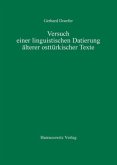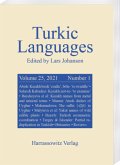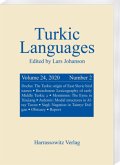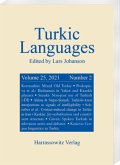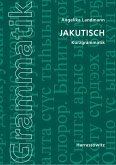Issues of language cannot be compressed into a short period of time. Rather, they should be examined in a continuous process, relating them to the social, cultural, and political context in which language operates. Following this premise, Nevra Lischewski challenges the general tendency to regard the replacement of the Arabic Alphabet with the Latin Alphabet in 1928 as a watershed for linguistic practices around Turkish language. Introducing the term 'Language Planning', she departs from the terminology of 'The Turkish Language Reform', under which the script change and other linguistic transformations are frequently subsumed. Lischewski develops a conceptual framework of language planning, allowing a detailed, long-term analysis of the linguistic situation, policies, and practices of the Ottoman Empire and the Republic of Turkey.Language planning is never attempted for its own sake but to transform the linguistic situation - in many cases from multilingualism to monolingualism. To understand this process in regards to the Ottoman Empire and the Republic of Turkey, this book presents a sociolinguistic profile of the Ottoman Empire. An innovative, functionalist, interdisciplinary approach to language planning enables Lischewski to expose heretofore omitted aspects of the planning efforts during the time of the Republic and its crucial consequences for linguistic diversity.
Bitte wählen Sie Ihr Anliegen aus.
Rechnungen
Retourenschein anfordern
Bestellstatus
Storno



